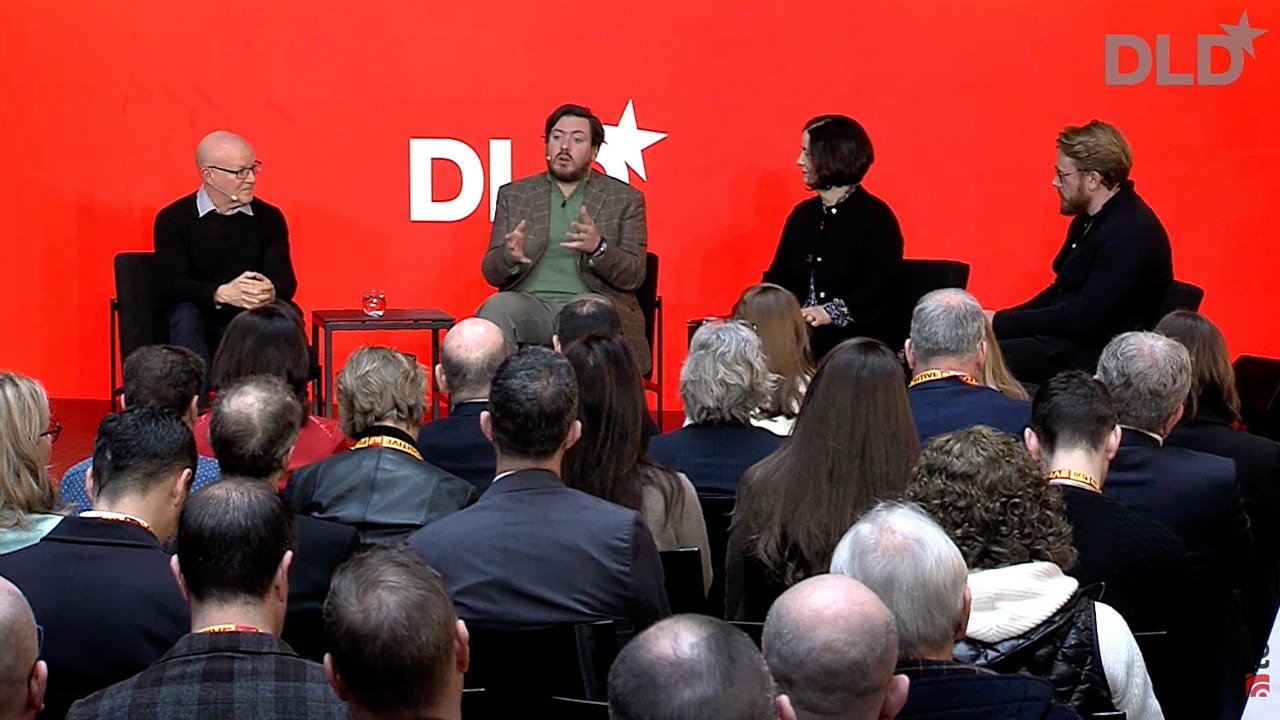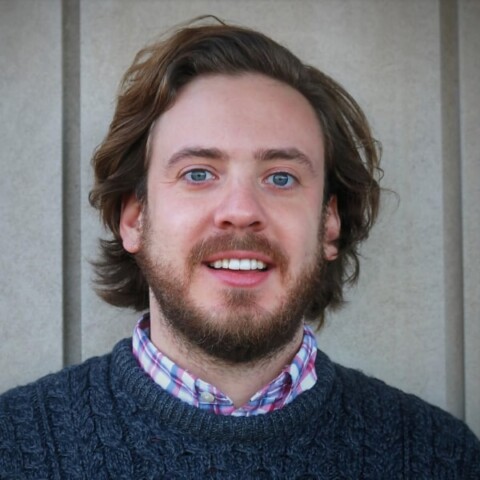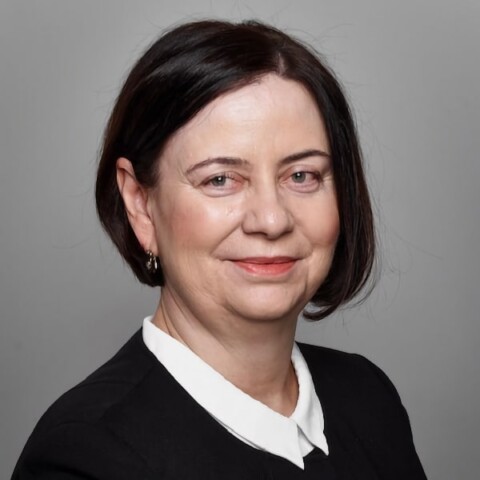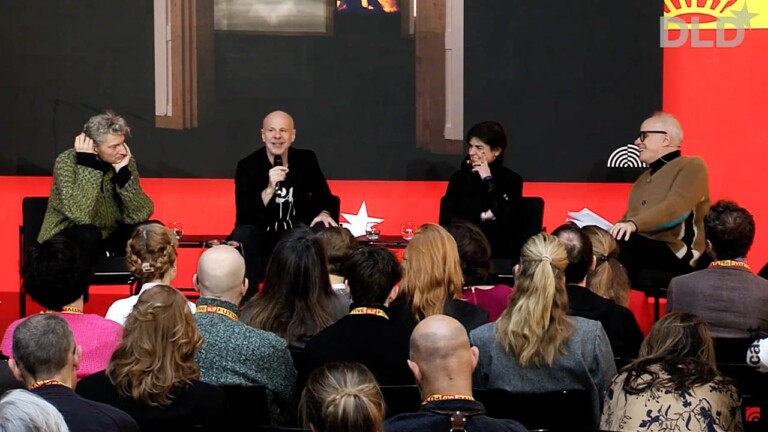What happens when quantum computing meets AI? Explore the transformative potential of these breakthrough technologies with expert insights from Nick Farina (EeroQ), Andrew McLaughlin (SandboxAQ), Tom O’Brien (Google Quantum AI), and moderator Gabi Dreo Rodosek (Bundeswehr University Munich).
Nick Farina opens by explaining the fundamental shift quantum computing represents. “A quantum computer is simply the next generation of computing”, he says, emphasizing the machine’s ability to solve exponentially complex problems faster than classical computers. Drug discovery, climate change, financial services could all benefit, Farina says, adding that “quantum computing will have an impact on everyone’s daily life.”
While quantum computing is still in its early stages, advancements in GPU platforms allow for quantum equations to be run today, Andrew McLaughlin notes. “We don’t have to wait” for quantum hardware, he says. “This is the exciting moment that we’re at right now” – particularly when AI comes into play as well.
“The combination of AI and quantum is the exciting thing”, McLauglin says enthusiastically. “Quantum computing on its own, AI on its own are doing interesting things – but when you put the two together, you achieve capabilities that are really kind of mind boggling.”
But McLaughlin also warns of the dual nature of quantum computing, which could both revolutionize science and threaten encryption systems. “Quantum computers are going to enable much faster calculations that will allow us to do science better. They’re also going to allow us to decrypt encrypted communications, and that presents a massive challenge.”
Tom O’Brien discusses the recent breakthroughs in quantum error correction, a critical step toward practical quantum computing. “We estimate that we’ll need to get error rates of about one in a billion”, he explains, highlighting the progress made with Google’s Willow chip, which demonstrated exponential error suppression.
O’Brien also emphasizes the collaborative nature of the field, stating, “It’s not a competition right now”, he says. “We have such a big challenge, such a wonderful challenge in front of us in building a quantum computer, that it’s going to take a world of quantum experts, a world of engineers, a world of computer scientists” to solve this challenge.






